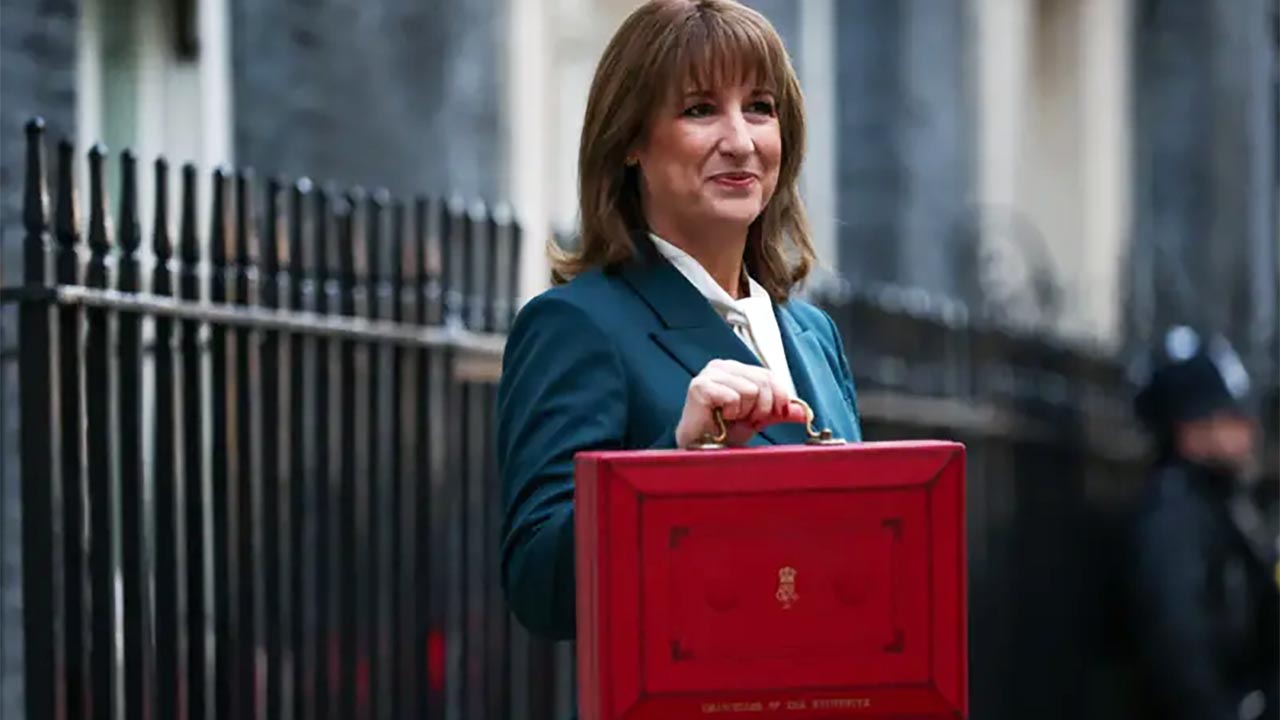At a glance
- Plan as early as possible how you want to use the wealth you’ve created in your business to help your loved ones – well before you exit.
- How and when you decide to pass your wealth over to family members may have significant tax implications. Working with a professional adviser can help ensure you make use of all available exemptions.
- Gifting your wealth can reduce the Inheritance Tax burden of your estate – but that should be balanced with making sure you have enough for yourself.
If you’re selling or exiting a business, you’ll hopefully receive a significant cash sum – your reward for years of hard work. But before you sign the deal, it’s essential to plan what you intend to do with the money – including whether to use some of it to support your loved ones. If you’re intending to pass your wealth on, how and when you do so has tax implications for your beneficiaries.
A trading business generally qualifies for business relief and is therefore free of Inheritance Tax (IHT). However, once the business is sold, the cash proceeds will be assessed for IHT. Therefore, planning before you exit helps to ensure you’re doing the best thing for yourself and your family – for now and the future. Look at what you’ll likely have available, how much you need and what you can do with any remainder. For example, if you only need 50% of the sale proceeds to secure your future, could you use the rest to help your children in a tax-efficient way?
Simon Martin, Chartered Financial Planner at Technical Connection, says the earlier you start estate planning around your exit, the easier it becomes. Central to this is considering the tax implications of gifting your business.
“Business relief is generous as it can give full IHT exemption, meaning you can gift the business with nil value for IHT,” he says – in other words, it won’t incur IHT in lifetime or death.
“While the business is trading, you could gift shares directly or through a trust and hold over gains to defer Capital Gains Tax. But the relief stops once the business is sold as it’s only available for trading businesses.
“It’s complicated planning, requiring both tax and legal advice. The earlier you plan, the more opportunities are available. But if you leave it until close to the sale or after, you may lose those opportunities – I’ve seen that happen often. Planning too late can also mean you hold onto money you don’t need, which becomes liable for IHT. Or you may be so worried about IHT, you give away money you do need.”
A holistic plan
Good estate planning before an exit uses all available exemptions in an overarching plan.
Diane Deller, Head of Tax Consulting at TaxAssist Tax Consulting, says: “When exiting a business, always look at your affairs in the round. For example, if business property relief at 100% is available, selling a business for cash that will attract IHT on death is a poor alternative to, say, retaining shares in a trading company that may have full relief.
“But you must consider the needs of loved ones. For instance, if you have children under 18, you can use a trust to hold funds. But this works best on death rather than as a lifetime gift, because lifetime parental settlements are caught by anti-avoidance legislation, meaning trust income may be taxed on the parent.”
In contrast, a trust for bereaved minors attracts beneficial tax rates and is protected from ongoing IHT charges, she adds. It may be best to retain those assets in the estate and pass them on through the Will. But you must look at all this in the wider context of your estate.
A holistic estate plan will also look at factors such as IHT relief for married couples, which allows individuals to pass assets to their spouses during their lifetime or on death without tax exposure.
“Spouses can transfer some IHT reliefs between their estates to create a possible £1 million tax-free estate on the death of the second spouse,” says Diane. “However, some reliefs available on death are lost when an estate is over a certain size. Age and general health will also be important factors, as will the need for a continuing income, perhaps from dividends from the shares.”
Your overall plan should also include a decumulation strategy showing how to draw retirement income efficiently from your various assets. For example, pensions are IHT free, so creating an income stream that draws as little as possible from your pension can help you pass on wealth efficiently.
Gifting shares and dividend income
Gifting shares in your business to family members – either directly or through a trust – before you exit removes them from your estate for IHT purposes. This could create difficulties if that person’s subsequent actions don’t align with the needs of the business from your perspective. That may be through reckless behaviour, or it may be forced upon them – for example, if they felt the need to sell their shares or make short-term decisions due to divorce, bankruptcy or care needs.
To avoid this, you could consider making the gift through a trust, which gives you some control and protection, or exploring other options.
Some business owners who don’t want to gift shares remove money from their estate by gifting dividend income they don’t need. This takes advantage of the gifting from income exemption. “Alongside the tax planning, gifting has the practical benefit of helping younger family members through the cost-of-living crisis, which is important to many of our clients,” says Simon.
However, one downside of gifting dividend income is that you have to pay Dividend Tax on it first.
Meanwhile, gifting sale proceeds or income from investments after the sale of your company has the advantage that you know exactly how much money is available, and how you feel about your circumstances following the sale. However, it also means you won’t be able to take advantage of business relief.
Passing assets through your Will
If you want to own your sale proceeds until death, you could leave them to loved ones in your Will.
This means you control the assets during your lifetime and don’t need to work out how much you need and can afford to give away. The downside is those assets stay in your estate, increasing the likelihood that they become subject to IHT.
However, a financial adviser can help you with what is needed to make a Will IHT efficient. “A good example is for a Will to direct a trading business’s shares into a discretionary trust,” says Simon. “This takes the assets outside the beneficiaries’ ownership. When the shares are sold, the value is owned by the trust rather than an individual. This provides control, protection and some potential tax benefits.”
Simon emphasises IHT can usually be mitigated easily compared to other taxes, if you have the foresight and willingness. “As Labour Chancellor Roy Jenkins once said, IHT is ‘a voluntary levy paid by those who distrust their heirs more than they dislike the Inland Revenue,’” he says.
Family constitutions
The best planning tends to involve the whole family. If you have a family business, it may also be useful to have a family constitution, according to the Society of Trust and Estate Practitioners (STEP).
A family constitution can help to clarify what the family aims to achieve and how. It can also help avoid catastrophic fallouts by planning what should happen in major family events, such as death or illness.
How we can help
To discuss your exit plans and work out the most tax-efficient ways of gifting your business or some of the proceeds of its sale to loved ones.
The levels and bases of taxation and reliefs from taxation can change at any time and are dependent on individual circumstances.
Will writing involves referral to a service that is separate and distinct to those offered by St. James’s Place. Wills are not regulated by the Financial Conduct Authority.
Trusts are not regulated by the Financial Conduct Authority.
Where the opinions of third parties are offered, these may not necessarily reflect those of St. James’s Place.
The article first appeared on https://modus-wealth.co.uk/article/detail/sjpp/why-estate-planning-is-critical-before-your-exit.html








